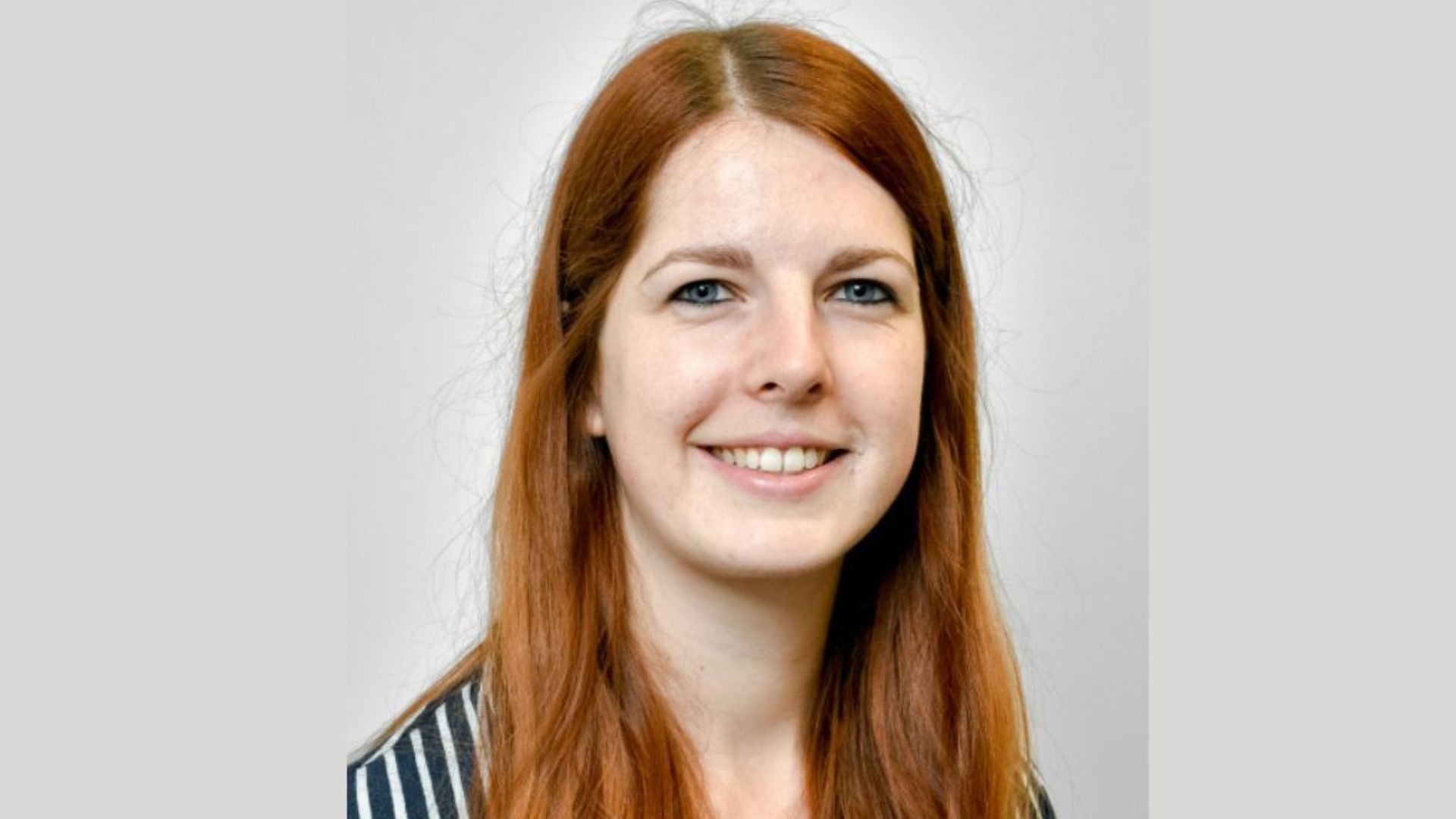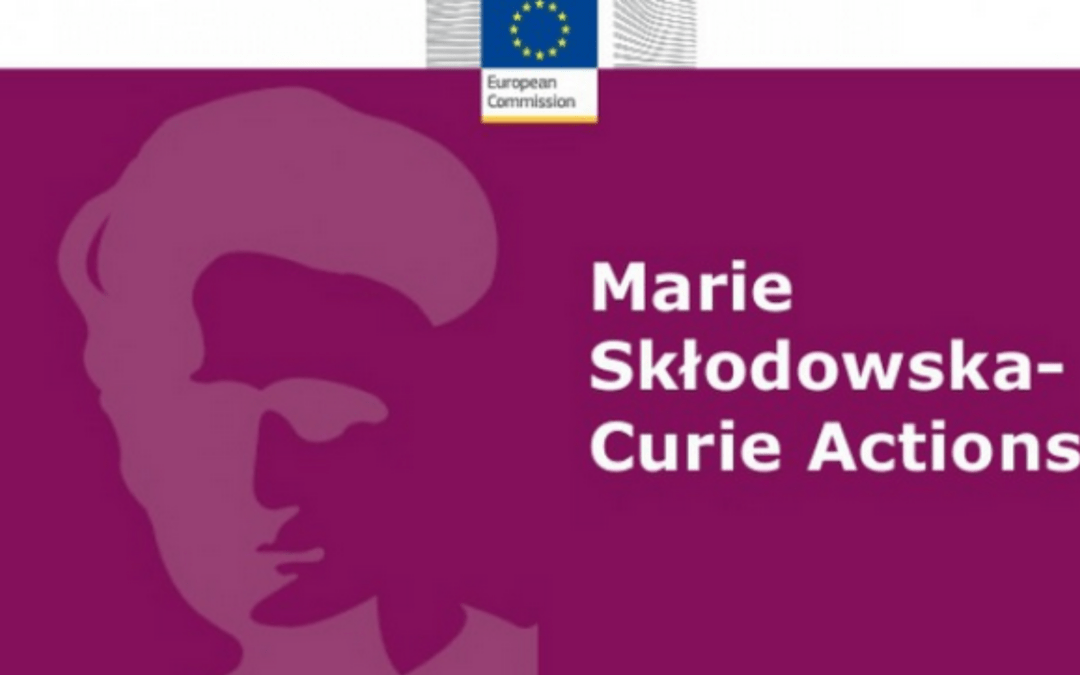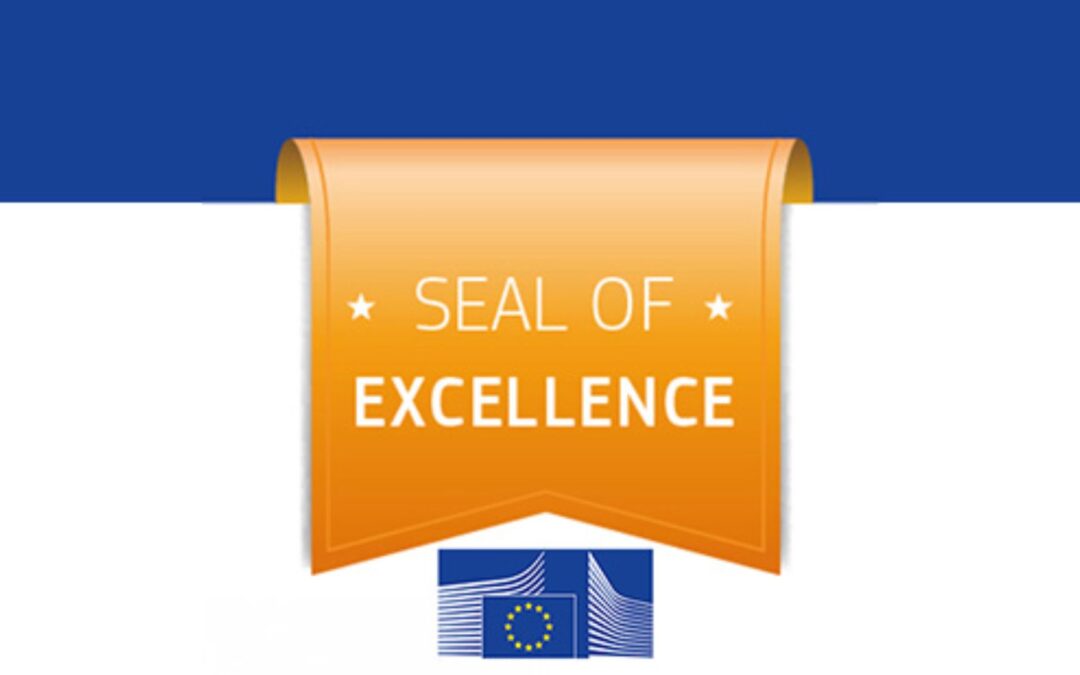Horizon Europe’s Marie Skłodowska-Curie Postdoctoral Fellowships (MSCA PF) supports post-doctoral research projects lasting between 1 and 3 years. Nina Gruetzmarcher, a researcher in the Control of cell Growth by Nutrients at INEM (Unit 1151 INSERM/CNRS/Université Paris Cité) looks back at her research project, which won an MSCA PF in 2024, and the reasons that convinced her to apply for this funding.

Nina Gruetzmacher
Postdoctoral Researcher
Pende Lab “Control of Cell Growth by Nutrients”
Institut Necker Enfants Malades – Centre de Recherche
U1151 INSERM
-
How would you describe your research to a novice?
I work on a genetic disease called “Tuberous Sclerosis Complex (TSC)” which belongs to a group of neurological disorders characterized by the dysregulation of the mTOR pathway. Patients affected by TSC experience various clinical features, including tumours of the brain, skin, lungs and kidneys, but also neurological symptoms such as autism spectrum disorders and cognitive disability. Notably, 90% of these patients have recurrent epileptic seizures which are often among the major causes of morbidity in patients with TSC. In my research project, I aim to understand the molecular program underlying these epileptic seizures. When we are able to decipher the mechanisms behind these seizures, we can develop targeted therapies that contribute to more effective treatments, ultimately leading to improved outcomes and better quality of life for these patients.
-
How did you find your supervisor for your MSCA PF ? Was it someone in your network? From your thesis supervisor’s network?
My supervisor Dr. Mario Pende is an established researcher in the mTOR field. I was already aware of his research since I was doing my PhD in the lab of Dr. Constantinos Demetriades in Cologne, Germany where we focused on the upstream regulation of the mTOR pathway in health and disease. After conducting fundamental research throughout my PhD, I wanted to move on to a more translational research question and I found a position within Dr. Pende’s team.
-
What prompted you to apply for an MSCA PF?
The MSCA PF is a prestigious fellowship for Postdoctoral Researchers that not only provides essential funding for my research project but also fosters professional growth through international networking and conference participation. I heard about the MSCA PF and also other funding opportunities by simply talking to colleagues and friends during my PhD. Securing a position as a Postdoctoral Researcher especially with the necessary funding is a topic that most PhD students have to deal with if they want to stay in academia.
-
What drew you to do a MSCA Postdoctoral Fellowship ?
I really like the international mobility that is a prerequisite for the application. Working together with researchers from different countries and cultures makes science much more fun and interesting in my opinion. With the MSCA Postdoctoral Fellowship, I was able to move from Germany to France to join Dr. Pende’s team and experience not only a foreign research culture but also a foreign living culture.
-
What advice would you give to future MSCA PF applicants ?
The competition within the MSCA-PF application can be quite high. I would advice to emphasize the interdisciplinarity of a research project and actually take the opportunity to combine different disciplines into your own research field. After completing a PhD, you will be already an expert in your own research field and the MSCA PF gives the opportunity to also dive into other disciplines. This does not only benefit your MSCA PF application but also your own scientific profile.
À lire aussi

MSCA Postdoctoral Fellowships at Université Paris Cité and its partners – Meet Up 2026
Université Paris Cité and its partners in the European Research Network are pleased to welcome Marie Skłodowska-Curie Action Post-Doctoral Fellowships (MSCA PF) applicants in their research units. To offer post-doctoral candidates and their supervisors the best...

Funding – Seal of excellence – MSCA PF
As part of the Marie Skłodowska-Curie Action – Post-Doctoral Fellowships (MSCA-PF), Université Paris Cité, will fund the salary and research of a ‘Seal of Excellence’ holders via the Idex fundings.Seal of Excellence - European Commission About the MSCA - PF MSCA – PF...

MSCA Postdoctoral Fellowships at Université Paris Cité and its partners – Meet Up 2025
Université Paris Cité and its partners in the European Research Network are pleased to welcome Marie Skłodowska-Curie Action Post-Doctoral Fellowships (MSCA PF) applicants in their research units. To offer post-doctoral candidates and their supervisors the best...

Marie Skłodowska-Curie Actions
As part of Horizon Europe's first pillar : « Excellent Science », the Marie Skłodowska-Curie Actions aim to encourage the mobility of researchers between countries, sectors and disciplines on research projects and training programmes. Lorem ipsum Dolor sit amet,...
